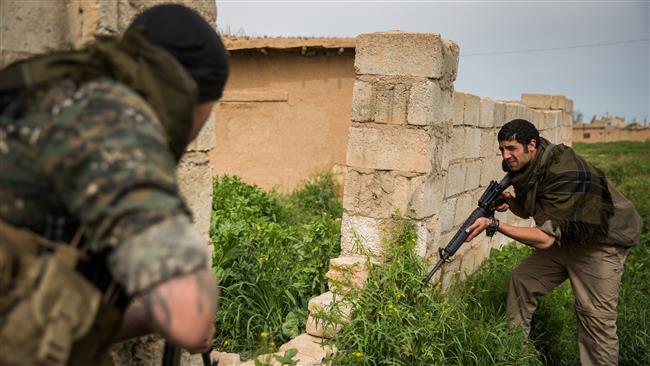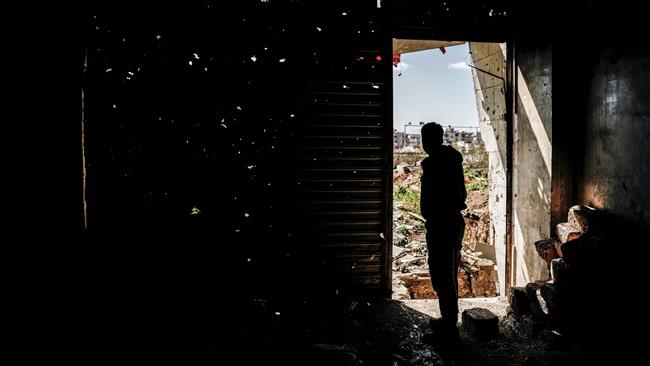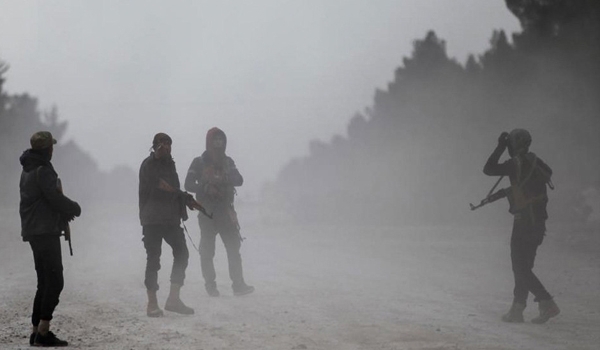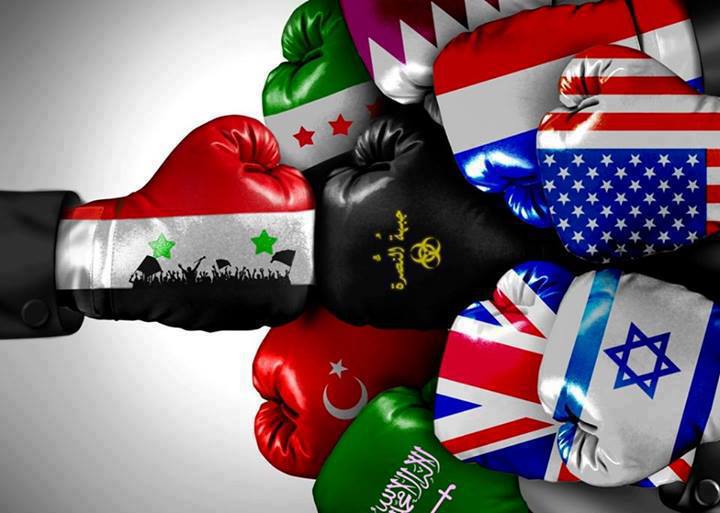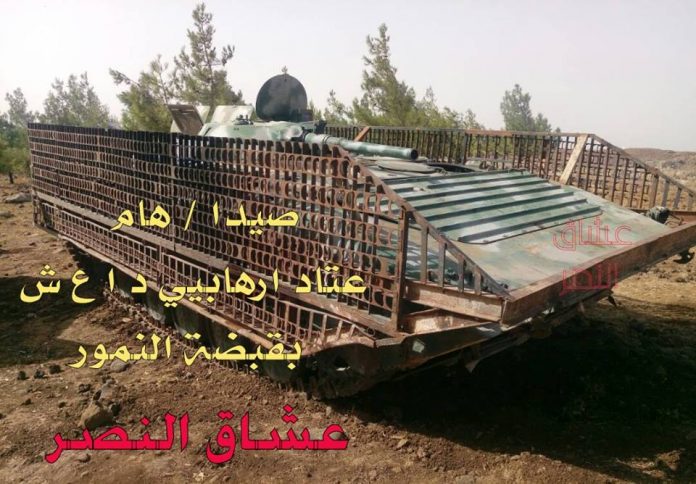Iran stopped ISIL invasion spread: Larijani
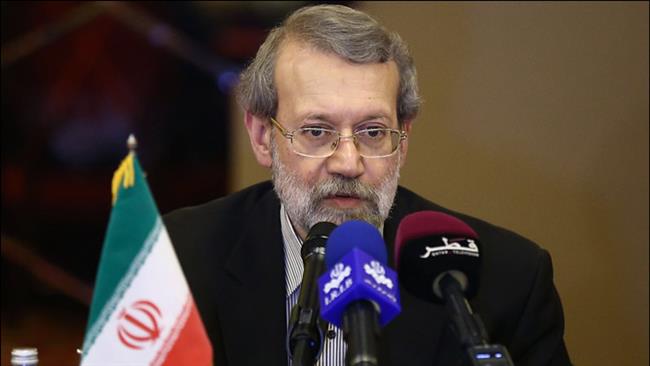
Iran’s parliament (Majlis) speaker says the country’s assisting Iraq to fight the ISIL prevented the terrorist group from invading other countries in the region.
If Iran had not helped Iraq, ISIL would have invaded countries in the region too, Ali Larijani said at a press conference held at the end of his visit to Qatar on Wednesday.
“Iran stood in the face of the ISIL to help Iraq and also the (other) countries of the region, although the main responsibility rested on the shoulders of the people of the country,” he said.
The ISIL currently controls parts of Iraq and Syria. It started its campaign of terror in Iraq in early June 2014. The heavily-armed militants took control of Mosul before sweeping through parts of the country’s Sunni Arab heartland.
Iran has repeatedly stressed that it will not interfere militarily in Iraq and Syria, but that it will continue to provide support for both countries against ISIL in the form of defense consultation and humanitarian aid.
Iraq’s President Fuad Masum and First Vice President Nouri al-Maliki have acknowledged Tehran’s assistance in the anti-terror campaign.
Iran-Qatar ties
The visit saw the senior Iranian official meeting with Qatari Emir Sheikh Tamim bin Hamad Al Thani, Foreign Minister Khalid bin Mohammad Al Attiyah, and Chairman of the Qatari Consultative Assembly Mohammed bin Mubarak al-Khulaifi.
Meeting with the Qatari foreign minister, Larijani said, “The Islamic Republic of Iran treats the Qatari emir’s observations regarding the regional issues as positive and is after the expansion of cooperation based on mutual respect.”
“The establishment of security and development in the Middle East region would materialize through the assistance of all the regional countries,” the Iranian official added.
The Qatari official said what the countries shared was more than what they differed on and that they had to take steps towards the development of bilateral relations based on common ground.
Nuclear talks
Larijani said Iran’s nuclear talks with the P5+1 group — Britain, France, China, the United States and Russia plus Germany — have featured progress.
However, he said, “We had to prioritize an intellectual perspective of the talks over a business-minded one.”
Iran and the P5+1 are seeking to seal a comprehensive nuclear deal by July 1. The two sides have already missed two self-imposed deadlines for inking a final agreement since they signed an interim one in the Swiss city of Geneva in November 2013.
